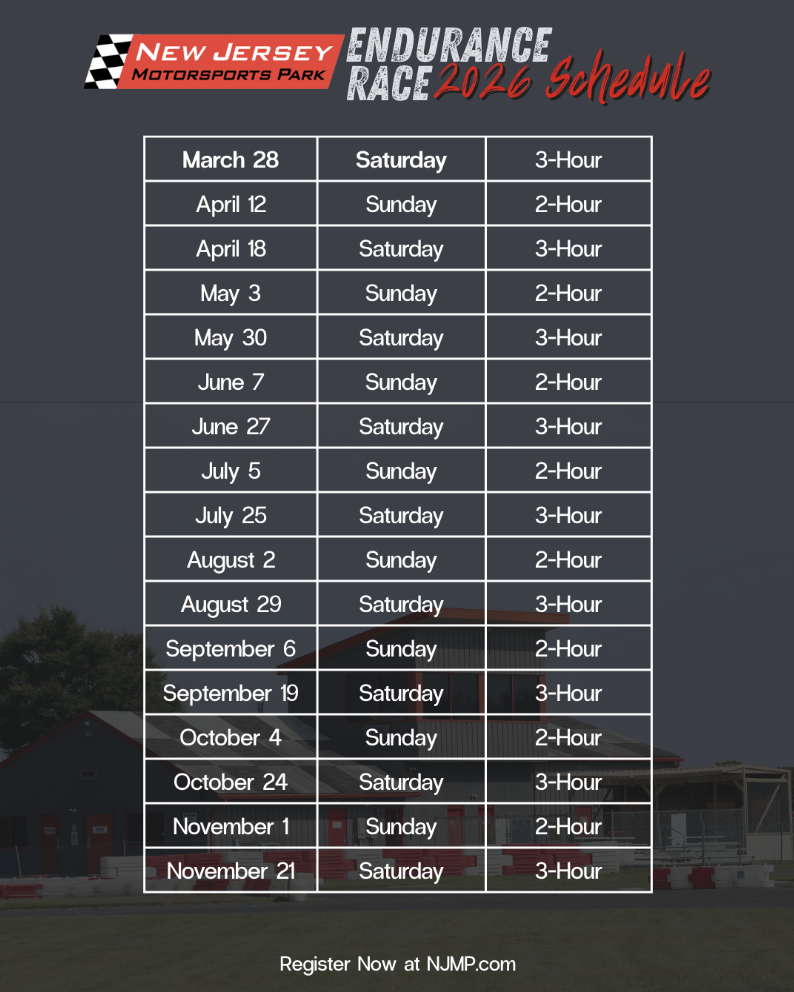Your Maintenance Budget

As a homeowner, you likely save for certain costs every year—property taxes, insurance, utilities, small projects and a stash of cash hidden away for emergencies. But unlike renting, owning a home also means you’re responsible for literally anything that goes wrong, so you can’t afford to ignore continual home maintenance costs.
As your home ages, you’ll find that the need to repair or replace things like the dishwasher, water heater or even the roof will occur more often. That’s why it’s important to start putting aside money as soon as you move in, so you’ve got an account built up for when you really need it. But how much exactly should you be putting aside for regular repairs and upkeep?
Start a savings account: Conventional wisdom says that setting aside 1 percent to 3 percent of the total amount you paid for your home each year is a smart plan. Not only can this save you from putting costly repairs on a credit card and potentially accumulating debt, but if you open an account and deposit funds into it every month, it won’t feel like such a pinch, as it will be spread out over time.
This should cover regular care and annual maintenance of your property, such as changing HVAC filters, cleaning out your dishwasher drain and garbage disposal, vacuuming vents and refrigerator coils to scraping and repainting siding, cleaning out gutters and preparing the garden for the changing seasons. Consider making an annual maintenance calendar to schedule jobs like washing the windows and buying mulch.
Create a repair-and-replace calendar for major appliances, fixtures and other features. Find out the age of each item and life expectancy, research replacement costs and determine how much you’ll need to save each year until the item needs to be replaced. Then break that down into manageable monthly amounts and deposit into your savings.
If you don’t use all of your budgeted savings in the first couple of years, don’t spend it or stop saving. There will always be unexpected expenses, and as your home ages, it’s likely that you’ll encounter problems that will need to be addressed, and they could become more expensive as the structure ages.
Consider a home warranty that could possibly cover the repair or replacement of the big-ticket items in your home.
Hope you found this helpful. I’m here to help. Until next week…
Jill Santandrea, Broker Manager, EXIT Homestead Realty Professionals LLC, 1070 E Chestnut Ave, Vineland, NJ 08360;
856-692-EXIT; Cell: 856-362-0967; Direct: 888-856-5455; TheJillTeam.com; E-mail: [email protected];
Text JillS to 85377 for my mobile business card. Listen to Jill on POP 99.9FM. Source: 2019 Buffini & Company











